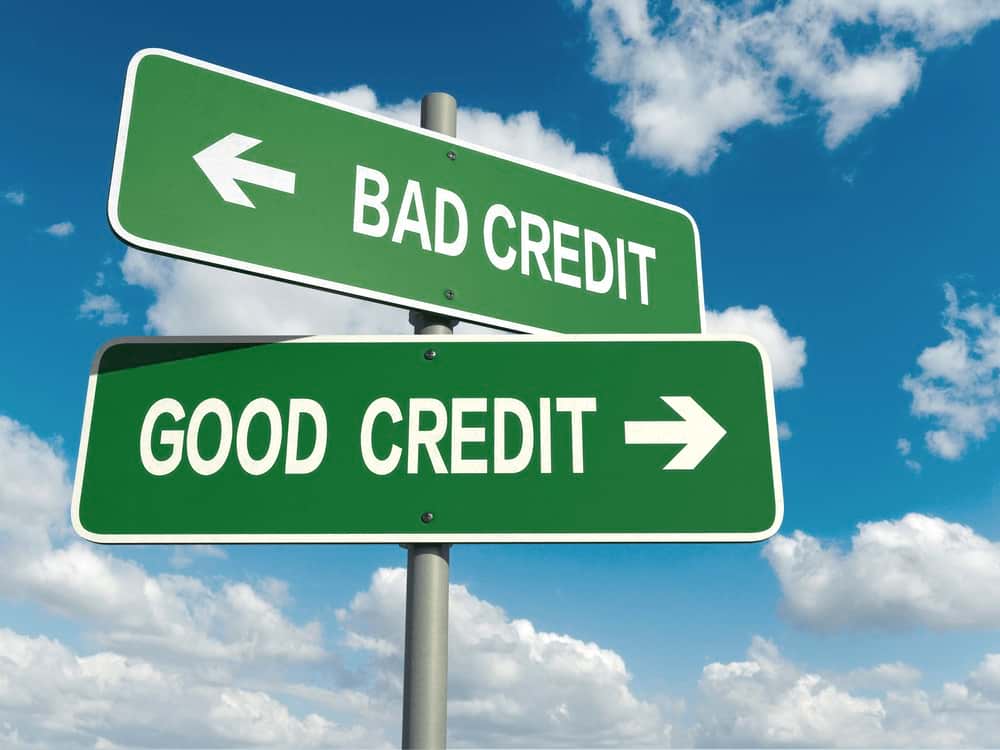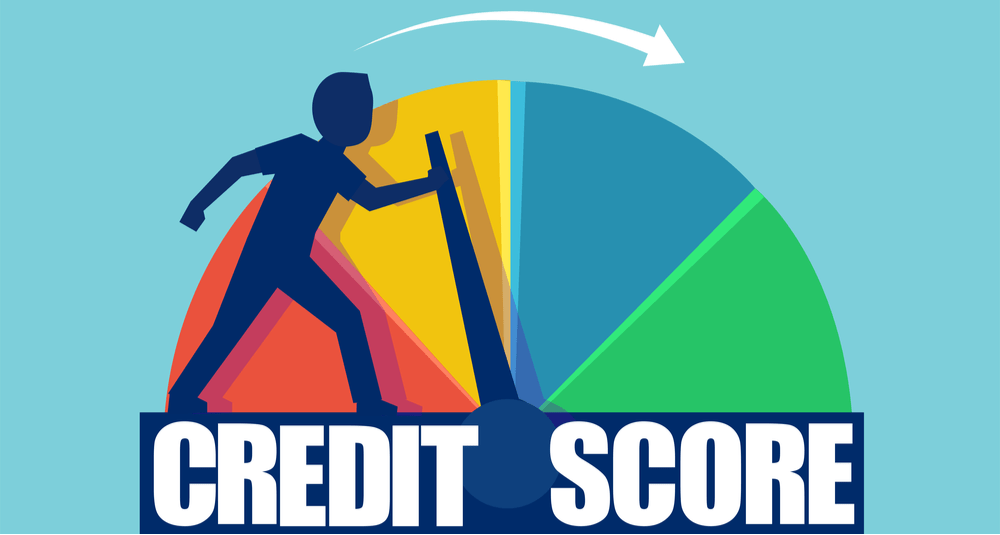
Often when we apply for a form of credit, for example, a loan, credit card or mortgage, we can feel that acceptance is in the lap of the gods. However, lenders take a much more scientific approach to deciding whether to grant us credit or not.
Lenders will take into account a number of factors before giving our application the green light (or sticking the brakes on it). They will look at our employment status, how much we earn, what our outgoings are and how ease we are to identify by checking if our name, date of birth and address all match up.
They will also take look at your credit score, to see what our past behaviour has been like in relation to borrowing and repaying money.
What is a Credit Score?
Every time you apply for credit, such as a credit card, loan or mortgage, that action will be recorded by a credit reference agency to go towards compiling your credit report. A credit report is an assessment of how much of a risk you are when it comes to lending money to and is based on your past behaviour of borrowing and paying off credit.
Credit reference agencies in the UK include Experian, Equifax and Clearscore. They use your credit report to come up with a credit score, which is a shorthand for lenders to workout how likely they are to grant you credit.
What is considered a good or bad credit score can vary between different credit agencies, but scores are usually given on a scale from 0 to 999.
Why Might My Credit Score be Low?
There are a number of reasons why a credit score might be low, and they are not always negative. Reasons for a low credit score include:
Poor Credit History
If you have borrowed in the past and had trouble paying the money back, then your credit score will be affected. Things like going into arrears, missing payment or defaulting on a loan can all negatively affect your credit score.
IVAs and CCJs
If you have been the subject of a County Court Judgement (CCJ) or entered into an Individual Voluntary Arrangement (IVA) due to bankruptcy, you will find your credit score is quite low.
Lack of Credit Activity
If you have never taken out a loan or credit card before, you will have a limited credit history. This is not an indication of poor credit behaviour, it just means that lenders and credit agency don’t know enough about you to assess whether you would be suitable to receive credit.
How Can I Boost My Credit Score?
If you have been largely inactive so far when it comes to credit, try taking out a credit card with a low credit limit, making a purchase and paying off the full amount immediately. This may seem a bit convoluted, but it is an easy way to leave a credit footprint which will give credit agencies something to work on.

If your score is low due to poor credit history, you should try where possible to pay off credit cards in full and clear up any arrears.
You may also have a poor credit score due to inaccurate information on your credit report. You should obtain a copy of your credit report and go through to find out if all the information is correct and up to date. Inaccurate data such as old addresses can negatively impact your credit rating. You may also have taken out joint credit products in the past, meaning you are financially linked to them as far as a credit agency is concerned. If you are no longer financially linked to them, then notify the credit agency.
You may also find that missed payments due to human error or other factors that aren’t related to credit have been noted on your credit report. Again, you should contact the credit agency to clarify these.





